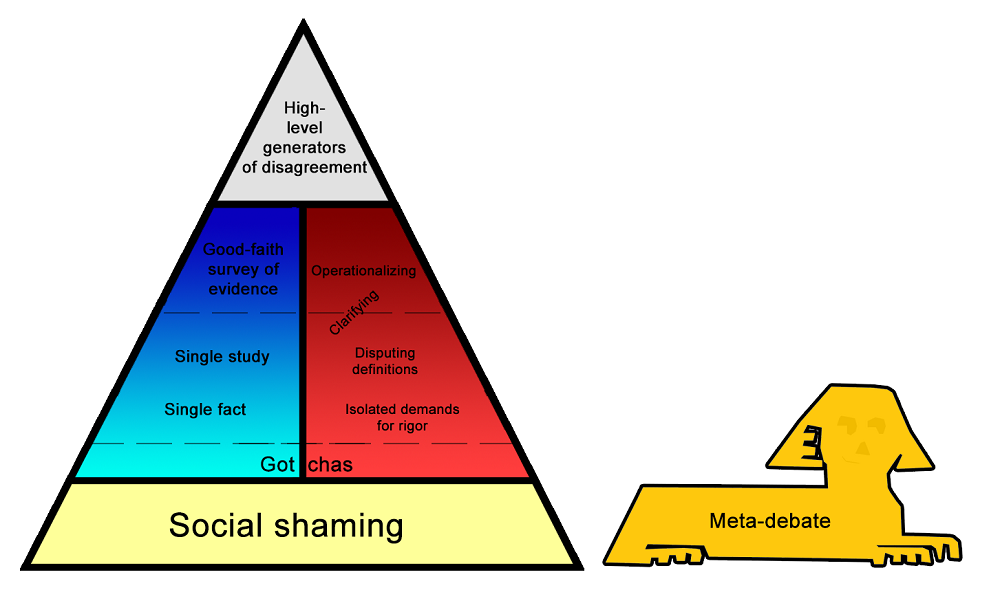There’s a quote about how you end up the average of your five closest friends. I think there’s a very deep truth to that. But if you accept that, then of course who your five closest friends are, choosing that, and we do, though we may not think of it this way, we do choose those people. Like, you are choosing who you are. And of course that’s a bidirectional process where who you want to be is determined by who you’re around, which determines who you want to be around, and so on.
Pointer from Tyler Cowen. There is a lot of interesting material, and I may have another post on it.
As I read this portion of the interview, Collison is saying that your personality is correlated with that of your peers, but we have to be agnostic about causality. Maybe we could improve our personality by choosing better peers, or maybe we just select peers that fit with an innate personality.
My reaction was to try to relate it to my own life.
1. Right now, I don’t have five close friends. (Note: reading Jonathan Rauch’s new book, this is not so unusual for old people, who tend to trim their relationships.) But at my age, if you want to look for influences on my personality, presumably you would want to look back at my friends when I was younger.
2. I see my life as very compartmentalized. One reason I don’t have close friends now is that my worlds don’t overlap. The people who read my books don’t know that I go Israeli dancing three nights a week, and the people who I dance with have not read any of my books. My social friends and my intellectual friends would not get along with one another.
3. Also, the time periods of my life have been very different. Typically, someone matters to me very intensely for a few years, but hardly at all apart from that. In the late 1990s, I talked with my main business partner several times a day. Now we communicate about once a year. If you don’t count family members, it is hard to think of anyone I have been in close touch with for as long as ten years. My “best” long-term friend is someone I speak with for an average of about an hour a month.
4. If I were to say that my intellectual life is an average of other people, I would list my father (a political science professor), Bernie Saffran (who was an economics professor at Swarthmore), and Russ Roberts. All three rank much higher in wisdom than their place in the academic hierarchy would indicate. All I would describe as much more open-minded, capable of lifelong learning, and able to change their mind more than typical academics. In general, I have found that people in business (such as Collison) are much more oriented toward learning than are academics. Many professors by age 30 have narrowed their intellectual world to a few peers that operate within their narrow sub-field. In business, you fail if you do that.
But in other aspects of my life I wish I were closer to an average of: my wife (and dance partner), who is constantly asking herself how she ought to act and trying to follow that; Dave, a former Freddie Mac colleague who has the same traits; and dancers with whom I have no personal connection but who on the dance floor can be inspiring, natural, balletic, athletic, regal.
At all points in my life, the key people in my life have been very high in conscientiousness. Compared with others around them, they have been far more averse to recreational drugs or sexual adventures. You might accuse them of being inhibited. They are very conservative with personal finances and could live on much less than what they have. They would never allow career ambition to jeopardize family cohesion. They have a strong sense of agency–they would never celebrate victimhood. (In new-age jargon, they are “at cause” as opposed to “at effect.”)
